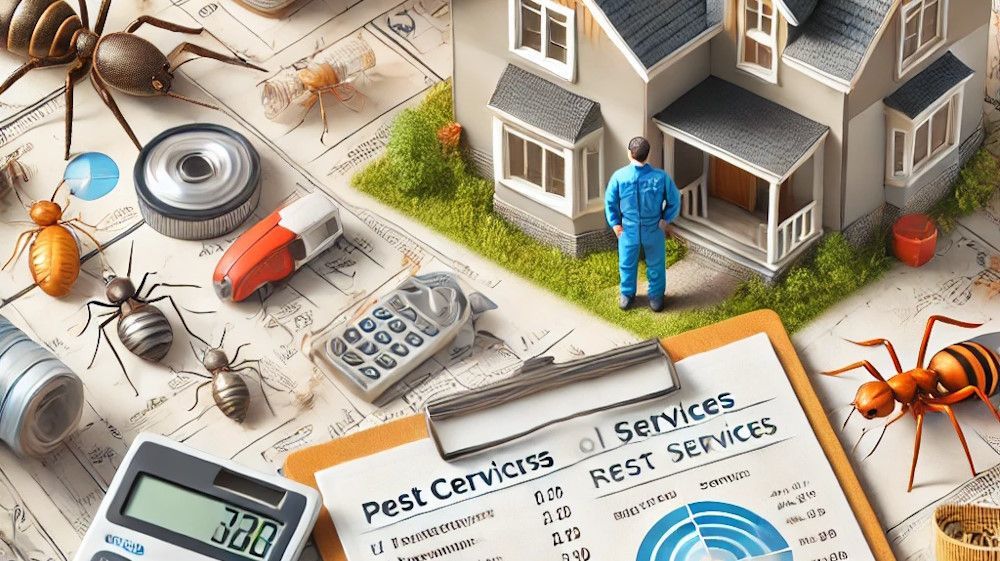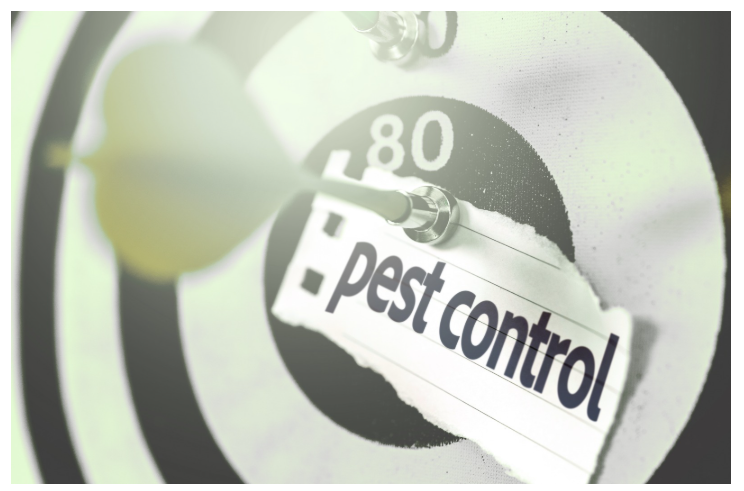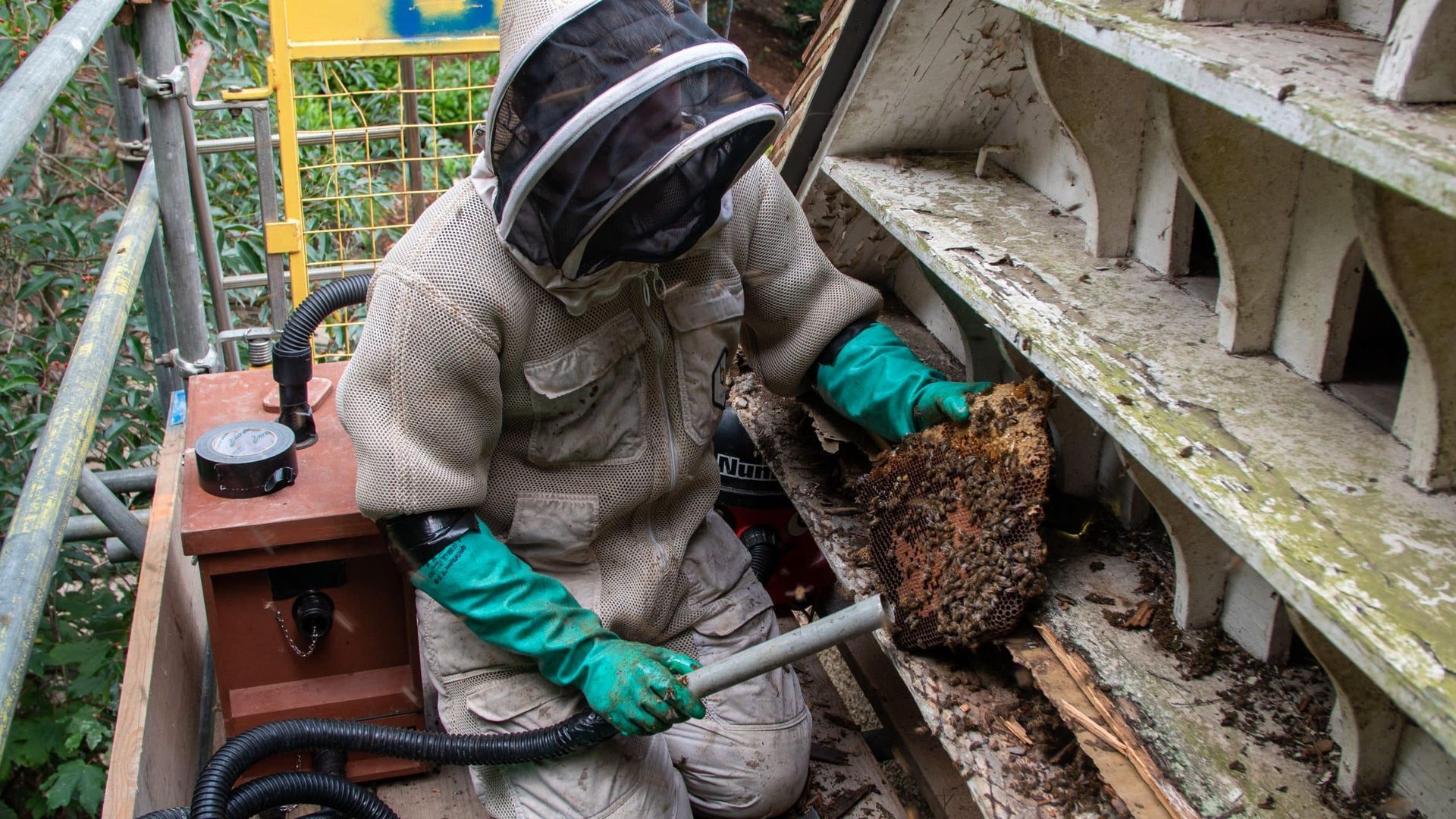To Contract or Not to Contract?
Contracts and Service Agreements are often portrayed in a negative light, what is the truth.
Similar to Hamlet’s struggle with his mortality, most people and companies alike, struggle with the thought of either writing or becoming entangled in a contract. Is it good to have a contract or to ask a company if they have contracts? Often times, people are scared away by the term contract. It has somehow garnered a negative connotation to us, either because of the fine print or due to stories that we have heard of people “getting the bad end of a contract”. We here at The Green Advantage find ourselves opposed to the word contract, both as the service provider and as being customers as well (we all have cell phones, right?!). Most of us typically have strong intuitions that when the word contract comes into the conversation, someone is trying to “sneak something past us”, but we never know because the Terms and Conditions are in microscopic print that almost no one can read.
Let’s start with providing the definition to the word contract. The word contract means, “a written or spoken agreement, especially one concerning employment, sales, or tenancy, that is intended to be enforceable by law.” In short, a contract is a written or verbal agreement. As both service providers as well as customers ourselves, we at The Green Advantage have learned that when the law is involved over contract disputes, most of the time, “the spoken agreement” is not admissible. The “written word”, however, is not only admissible, but followed and upheld. Who can disagree with what is written down clearly in black and white? The contract has protected not only the company, but more importantly, the customer as the contract states exactly what was promised to them on the day the customer signed up.
In today’s modern society of constant sales pitches and promises, it is hard to keep up with, let alone, remember what everyone has promised us. We all try to take notes, but then in the shuffle of life and kids and significant others we lose, and sometimes throw away, our notes (at least that happens to us)! With contracts, both the customer and the service provider have identical documents that clearly outlines the agreement between the customer and the service provider. In short, we as the service provider, are telling you that as our customer, we are going to take the time and effort to make sure that what we said, we will honor. As part of that promise, we will provide you documentation of our promise to you in the form of the contract or agreement.
All an agreement does is specify the responsibilities of anyone involved. That simple. It puts the service provider’s promises and agreement on paper so neither side can twist what the other has said. Quite often the negative experiences people have with agreements is that they don’t understand the responsibilities outlined and that they agreed to. A good example is when we click the ‘I agree to the terms and conditions’ button online; we don’t even think about it, not even realizing we are entering an agreement with someone else (someone we don’t know, or have never even met, we may add). Another good example is buying or renting a house, how many of us just initial and sign wherever the representative points; never reading or questioning what we are agreeing to. A study done a few years ago, added a clause to a contract that the signer agrees to “give up their first born, and if they don’t have a child, they have until 2050 to do so”. The study found that 98% of people signed without hesitation.
It has come to our attention by other service providers in our industry as well as concerned customs, that there are those companies that claim that they do not use contracts and portray contracts in a negative light. Apparently, they are claiming that contracts are simply a document meant to tie the customers in an unbreakable vow with the company for the rest of their lives! This couldn’t be farther from the truth for most in the pest control industry! The truth is an honest agreement benefits everyone involved. A few of the benefits formed through contracts include:
- They allow a service provider the peace of mind that they will be compensated for the work they do. This allows for the commitment from them, quality material, quality equipment, knowledge, and experience are all investments that go into a well done job. This is very important for an ongoing work or recurring services. In order to give the best service, a service provider needs to continually invest; a commitment much easier to follow through with when there is an assurance that the consumer will utilize their investment.
- They allow the consumer the ability to verify warranties. If anyone offers a service with a warranty/guarantee to you without an agreement, just remember that the warranty/guarantee isn’t worth the paper it’s written on as there is no way to verify what was said and agreed to.
- They specify when payments are to be made; have you ever received a late charge or interest charge and didn’t even know a bill was due??
- They describe what services are to be performed and at what cost. Limiting the service provider from adding and charging for services without the customer’s approval. But also, limits the customer from adding services that aren’t being compensated for. Again, the contract has written down the obligations made to the customer from the service provider, and the promises made by the customer to the service provider.
- They allow for both the consumer and the service provider to reference back to the agreement, and have a solid reference to what was originally agreed to. Over time expectations may change, rather than resenting the current agreement, they can easily be amended to add services or remove services that are no longer necessary.
Imagine the situation we hear about time and again: An individual seeks out services only to find the problem not solved. They have made multiple attempts to contact the provider but the providers were no longer answering the phone calls from the customer. The first question that needs to be asked is whether these individuals have a service agreement. This is done to verify what service was done, what guarantees were made, and what repercussions would take place if service was inadequate or unsuccessful. When an agreement doesn't exist, there isn't much that can be done; not only from a professional standpoint but from a legal one as well. Don't be the individual who obtains service from a company who claims an agreement isn't necessary, this is the first sign that something is not right.
Getting lured away from a service because of an agreement/contract is the best way to avoid the knowledge and expertise that is required for successful services. These agreements aren’t there simply to protect the company doing the program, but, more importantly, they are there to protect the customer and insure the company and technicians provide the service they are required to do. We at The Green Advantage, highly recommend steering clear of service providers that are unwilling to commit to you, and unwilling to put that commitment on paper. If someone offers you a guarantee, ask them to back that guarantee with a written contract. Contracts are good and are there to protect everyone involved!











